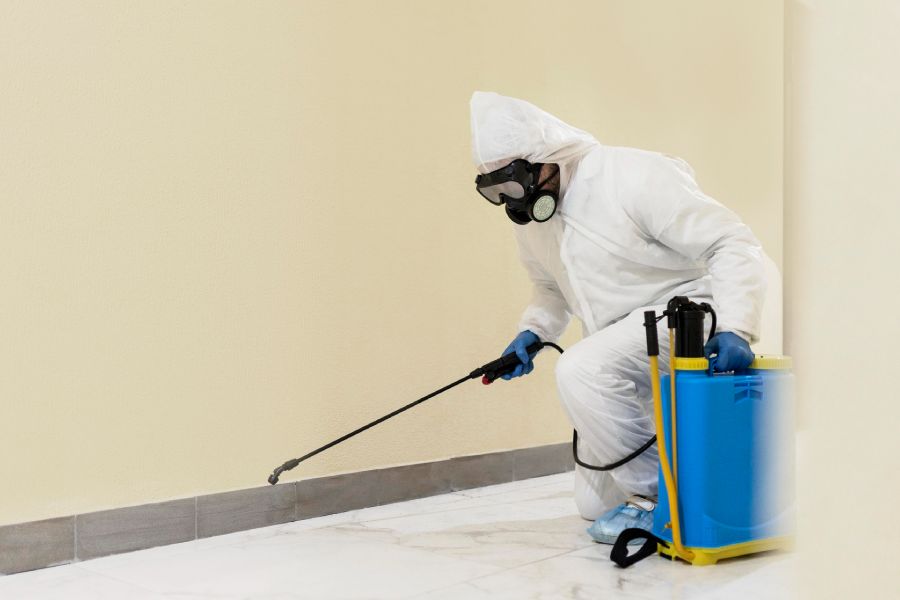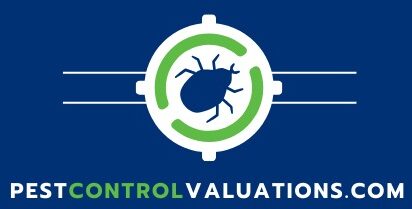The Role of Customer Contracts in Valuing a Pest Control Business (Part 1: Types of Contracts and Their Value)

Introduction
Customer contracts are a cornerstone of value in the pest control industry. These agreements offer a predictable revenue stream, reduce financial risk, and provide potential buyers with confidence in the business’s stability. In this post, we’ll explore the various types of customer contracts and how they contribute to a pest control business’s overall valuation.
1. Residential Service Contracts
Residential contracts are the bread and butter for many pest control businesses.
- Recurring Revenue: Contracts for annual, bi-annual, or quarterly pest control services ensure consistent income. Buyers value businesses with a high percentage of recurring residential contracts because they provide stability and predictable cash flow.
- Renewal Rates: Long-term residential contracts with high renewal rates indicate customer loyalty and satisfaction, making your business more attractive to buyers.
- Flexibility for Growth: Residential contracts often allow for easy upselling of additional services, such as termite inspections or mosquito treatments.
Example: A pest control business with 80% of its residential customers on annual service contracts can command a higher valuation due to its recurring revenue model.


2. Commercial Service Agreements
Commercial contracts offer higher revenue potential and long-term stability.
- Larger Scale: These agreements often involve regular pest control services for businesses like restaurants, hotels, and property management firms.
- Compliance-Driven Demand: Commercial clients, particularly in food service and hospitality, are legally required to maintain pest-free environments, ensuring consistent service demand.
Higher Contract Values: Commercial agreements typically involve higher fees and longer contract durations than residential agreements, making them highly attractive to buyers.
Pro Tip: Highlight any contracts with high-profile or well-established commercial clients during valuation discussions.
3. Multi-Year and Long-Term Contracts
Long-term contracts are a golden ticket in the pest control industry.
- Predictability: Multi-year agreements provide long-term revenue stability, which is especially appealing to buyers looking for low-risk investments.
- Loyalty Indicator: A high percentage of long-term contracts suggests a satisfied and loyal customer base.
- Reduced Churn: Customers on multi-year contracts are less likely to switch to competitors, ensuring steady income.

Real-World Example: A pest control business with a mix of three-year commercial contracts and auto-renewing residential agreements will command a higher valuation than one relying on one-off services.
Conclusion
Customer contracts are among the most valuable assets for a pest control business. They offer financial predictability, demonstrate customer loyalty, and provide buyers with confidence in the business’s stability.
In the next post, we’ll delve into strategies to optimize and manage these contracts, ensuring they contribute maximum value to your business. Stay tuned!
